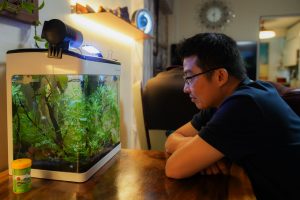DANCE WITH THE DEVIL
“About five years ago, I was dating someone who became my drug dealer. We were in a relationship for quite awhile. Initially, I didn’t know he was doing drugs. But through him, I became a recreational user. I was caught about two years later. CNB (Central Narcotics Bureau) basically came for me after they’d caught him.”
My conversation with Sara*, an unassuming, 21-year-old school-girl, reveals a side to her none of her other classmates are aware of. Her drawn eye shadow, bright absorbing eyes, and long, straight blonde hair show a hopeful, outgoing woman—not someone who has seen the inside of a prison cell.
Now sober and studying at an art school, she sees Joe*, the man she dated, as the one who influenced her into substance abuse.
“Back then, Joe and I would see each other almost every day. We did cannabis, ecstasy, and Xanax on a weekly basis. There were other situations where we meet other people, like in a group setting. I don’t think it’s peer pressure.
“I think it’s more like the environment. It may look weird if you’re at a place and everybody else is smoking weed, and you’re not.”
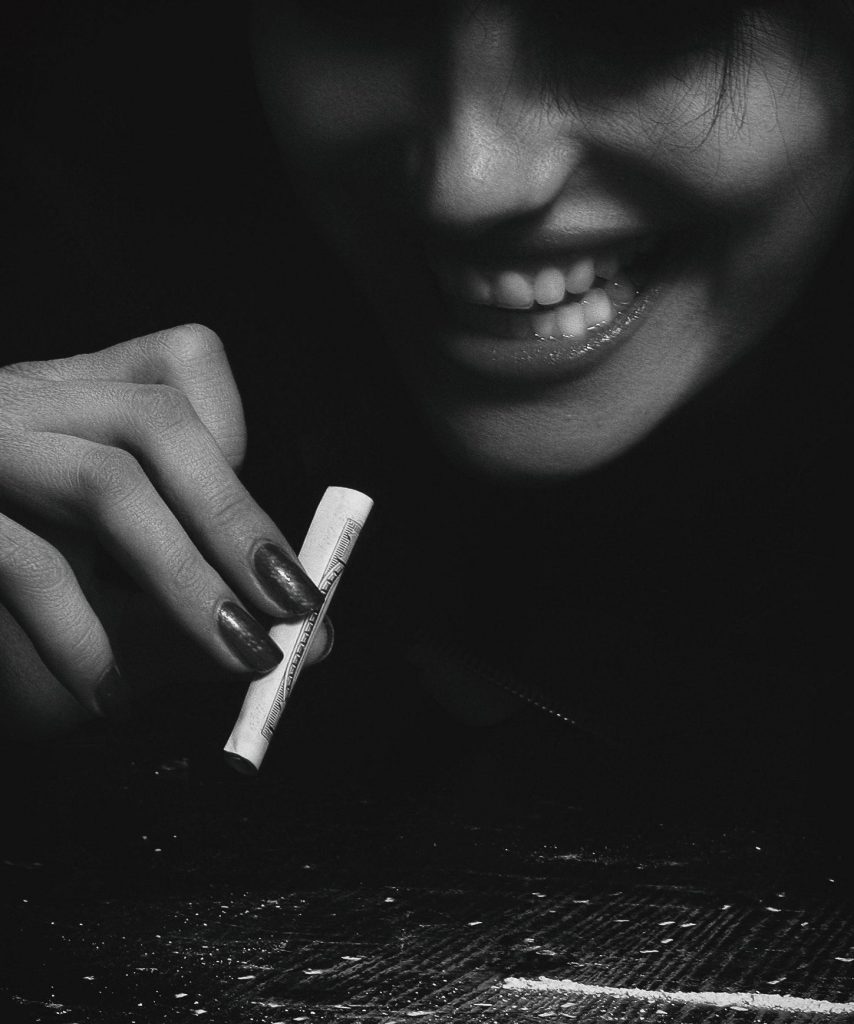
Before Joe, Sara was a normal school-going girl. Same bright, absorbing eyes. She describes herself as an average teenager, just going out and doing her own things, having fun with friends.
“I regret what I have done. I trusted the wrong people, blindly following Joe and letting him ruin my life. Of course, I still blame myself for using (drugs) but because of him, a huge chunk of my life is gone.”
While she is the only child, Sara came from a stable and well-to-do family. Her dad ran a successful and profitable business, which provided for the family, and her mum was a homely, loving housewife who took great care of her. Later, however, her parents divorced.
“Obviously, I regret having to put my parents and friends through that period of my life. Since I came out (of prison), I made a vow to sobriety. I’ve been going back to school. Once I’m done with my studies, I’m probably going to move away, out of the country.”
BREAKING THE VICIOUS CYCLE
Sara’s profile isn’t unique. While she admits that her drug use has nothing to do with her family, her background and identifying triggers reflect otherwise. Most of us often depict drug abusers as delinquents from lower income groups, but this is not always the case.
Every year, young men and women from affluent but pressure-cookered families in Singapore are caught for drug abuse. There are many reasons why, despite the perceived stability of wealth and social status, they would fall into the same trap.
Jamiyah Halfway House Darul Islah, a rehabilitation centre for drug abusers, which aims to help ex-drug offenders lead a new life before their release and reintegration back into society, shares this: “One of the most evident reasons is because they have the capacity to try new things. When they were young, they may have been exposed to drugs and it eventually became part of their lives.”
Hence, no matter what background you come from, what matters is understanding why drugs mess you up and why saying ‘no’ is critical when you are being offered drugs. Otherwise, it’s that risk of addiction, getting caught, undergoing rehab, losing opportunities and even reputation.
In a recent speech by Singapore’s Minister for Manpower and Second Minister for Home Affairs Ms Josephine Teo, at the Harm Prevention Seminar, she shared: “Besides prevention and enforcement, rehabilitation is another key pillar of our harm prevention strategy. Rehabilitation is crucial to help drug abusers stay away from drugs, break the vicious cycle and turn their lives around.”
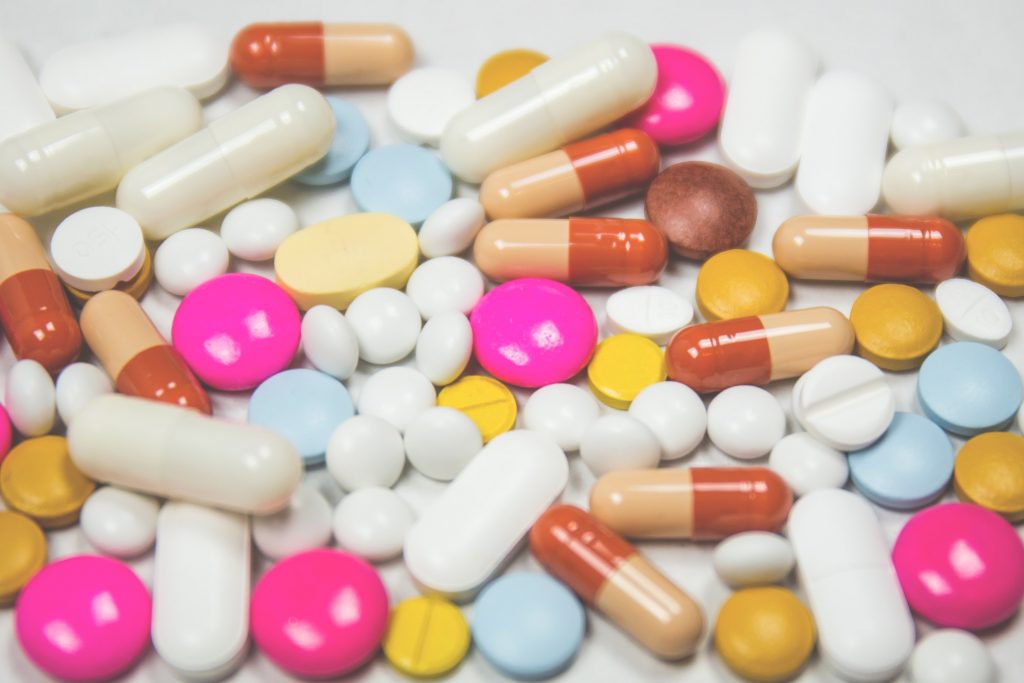
Through interviews with abusers who had undergone rehabilitation, Jamiyah was able to further share why some affluent and professional Singaporeans abuse drugs.
“Once they get caught and live behind bars, their group of friends, mindsets, values, might change further. Other things or people in their lives don’t matter to them,” a spokesperson from Jamiyah told us. What this means is that an addiction to drugs will rewire and replace the abuser’s priorities on what’s important in his or her life.
Jamiyah shared interviews they did with a few former drug addicts who underwent rehabilitation at their Halfway House. They came from stable family backgrounds and had what seemed like a bright future and good prospects, but it was ‘the support of their peers, who said (taking drugs) is right, that caused their downfall’.
“I was so proud after doing so well with my exams in primary school,” said YZ*, who besides being a smart student at age 14, was also into parties as he wanted to feel a sense of belonging. He began mixing with the wrong crowd.
Eventually, he was introduced to MX tablets, opium and heroin. To feel belonged even further and to fund his own drug habit, he started selling them. “By Sec 3, I was selling them with small tubes of brown sugar heroin at S$7 each. Eventually, I was caught for using. At 16, I was sent to the Drugs Rehabilitation Centre. I remember being in and out of prison three times.”
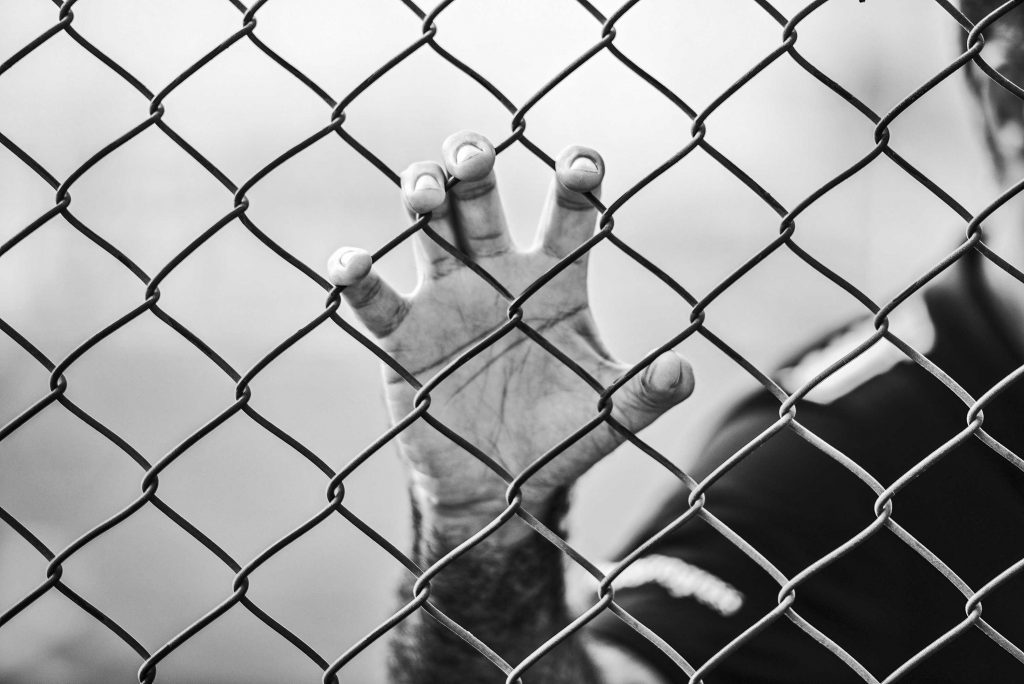
“I don’t know why but I was comparing myself with him the whole time. He was always the last in class when we were studying. In fact, he dropped out of secondary school. I just couldn’t understand why. It was such a wake-up call.”
In 1989, YZ joined the then Singapore Broadcasting Corporation (SBC) as a soundman. He was later upgraded to a cameraman, before finding work as a Senior Studio Operator doing music videos. Like his primary school friend, he was motivated to build his career.
Due to his line of work, YZ was meeting celebrities like Bon Jovi, Richie Sambora, Rick Price. He became proud of his experiences, and decided to strike out and be his own boss. He started his own video production company and business boomed. At one time, he was travelling business-class all over the world filming corporate videos. But in 2004, an unforeseen failed tuition investment with his girlfriend saw YZ falling back into depression. His girlfriend left him and the vicious cycle returned.
This “cycle” drove YZ to a point where he couldn’t accept the losses and emptiness in his life. He began partying again, and before he knew it, he was back to his heroin addiction. Eventually he got caught and sent to prison.
“I don’t know why but I was comparing myself with him the whole time. He was always the last in class when we were studying. In fact, he dropped out of secondary school. I just couldn’t understand why. It was such a wake-up call.”
In total, YZ has been in and out of prison 8 times. By the time he was 60, his last trip to prison made him re-examine his purpose in life. YZ was married, had children, and he was surrounded by people who supported him through thick and thin. He shared his regrets and must now learn to accept the reality of his tumultuous history. He also wishes his past life could have been different.
YZ explained that the successes he once had did not mean a thing. He felt he should have been a much more responsible person instead. That would have been much more fulfilling.
Like YZ and other abusers, the first thing they should have learned and did, was to form an abhorrence towards drugs. According to Jamiyah, once the abusers despise drugs and wish not to have anything to do with it, they will try their best to get rid of it or be as far away from it as possible. The challenge though, is to find a reason or a purpose to hate it. The first step in doing so, is to stop blaming others, appreciate the support they’ve been given and keep fighting for a drug-free life.
“I’VE EVEN WATCHED CLOSE FRIENDS DIE.”
Another trait often seen among abusers, even those from affluent and stable backgrounds, is the urge to seek short-term happiness. Jamiyah shared that a critical point is when they made the decision to take drugs for the first time. They need to realize that taking it like a short getaway from reality, or taking fun to the next level will have a repercussive impact on their lives, their future and loved ones.
Sul*, a third person I spoke to, grew up in the western part of Singapore. Like YZ, despite doing well in class, he always found it hard to make friends and fit in. “I remember in my school and neighbourhood, I wanted everyone to like me, whether as a friend, to treat me as one and respect me. I wanted to feel accepted. In the end, I just mixed with the wrong crowd and ended up doing whatever they did.”
That started Sul’s downfall. At some of these parties, he was introduced to drugs and was smoking and abusing marijuana, pills, heroin, meth, ecstasy, cocaine and so on ever since. “I was trying anything to make myself high every chance I got. By 23, I entered the Rehabilitation Centre, got out and then relapsed again.”
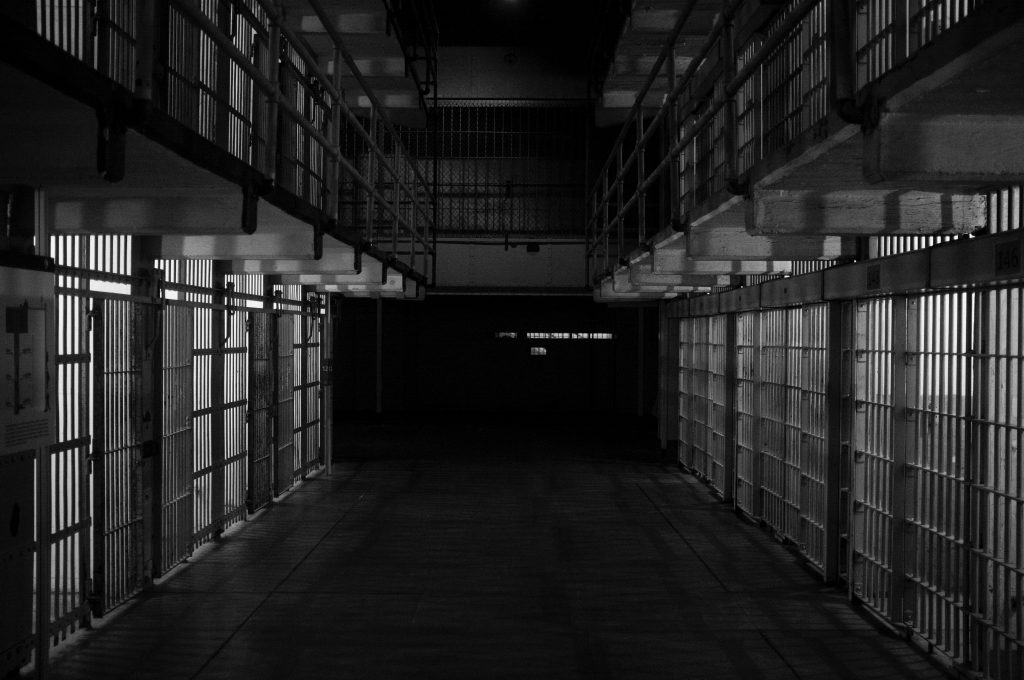
Thankfully, a critical turning point for Sul was when he found Jamiyah’s faith-based teachings in Islam. It helped bring him back on the path of righteousness. “I’ve been struggling so hard to be accepted and survive that I’ve forgotten what it feels like to find serenity and peace. Through them, I was able to learn and accept what ‘responsibility’ is all about. Responsibility as a friend, my responsibility as a recovering drug-offender, as a father to my kids, as a husband to my wife, a younger brother to my siblings, my superior and the people around me,” Sul said.
After being discharged from Jamiyah, Sul attended counselling with Singapore After-Care Association (SACA), who helped fund and sponsor his studies. His wife and kids became motivational triggers—encouraging him to diligently attend meetings and stay in his job as a Senior Technical Theater Executive while pursuing a Degree in Theatrical Arts.
“Looking back at my past, I feel like an outsider now. It’s like a disconnect from someone I can no longer recognise. Today, I am able to connect and relate with people in recovery, and listen to their stories. My advice to anyone who’s on the verge of taking drugs or is already doing so—break the cycle of addiction and give yourself a second chance. More importantly, surround yourself with the right people and the right mindset so you can lead a drug-free lifestyle.”
THE ROAD HOME
For YZ and Sul, they had good futures ahead of completing their studies, but squandered them midway because socially, they were struggling to fit in but ended up with the wrong circle. They were also tempted by short-term happiness instead of seeing the longer-term impact on their futures.
All it took was being able to see the repercussions to his or her future from that split-second decision, and their lives could have gone onto different, much more rewarding paths.
For Sara, she wished she had listened to her gut-wrenching instinct at the point when she was first offered drugs:
“I should have listened to my morals, my own principles, I should have thought about the people I’m with. If I’m spending time with good people, I would not question myself whether I should be doing this or that. I shouldn’t even need to think about these things. Regrettably, I’ve learned to sober up. Now I know who are my good friends and who are my not-so-good friends.”
*not his or her real name
Find out more about how the path to addiction can start and what happens if you decide to abuse drugs in “HIGH”, Singapore’s first short interactive film directed by local award-winning director Royston Tan in collaboration with the National Council Against Drug Abuse (NCADA)
This story is sponsored by NCADA.


